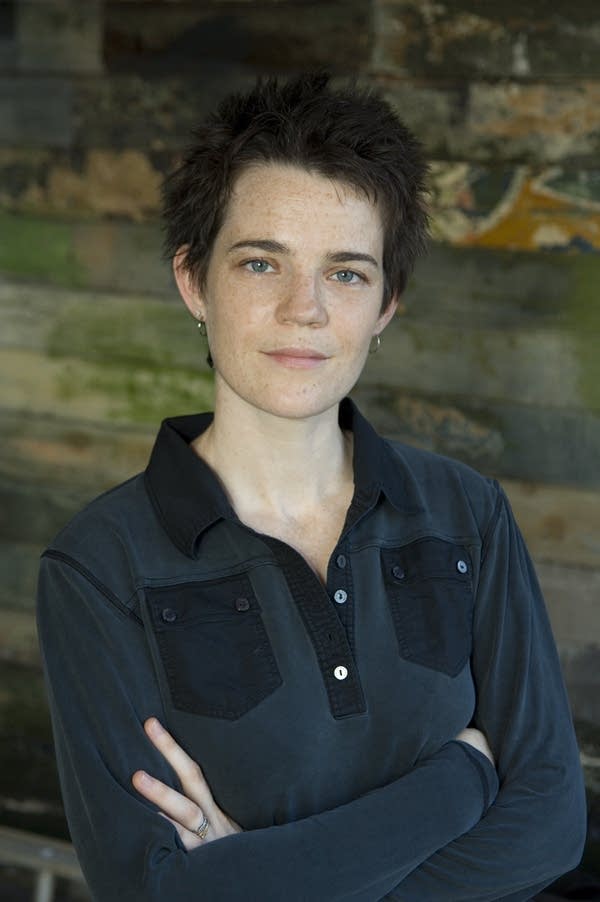If you think driving your car on ice is hard, try a wheelchair
Go Deeper.
Create an account or log in to save stories.
Like this?
Thanks for liking this story! We have added it to a list of your favorite stories.

Yesterday, the bus driver pulled past my ice-choked stop to drop me in the middle of the street. He even made the bus kneel -- a courtly gesture for a shaky woman on crutches. It's a bitterly icy January in Minnesota, and people have been so kind -- the ones who can see me.
The ones who can't ... well, it's human nature: You shovel your walk for someone like you. You, statistically speaking, don't use a wheelchair or crutches like I do. So the path is a little lumpy and you have to climb a bit to get to the street. It's good enough, you think. The city's just going to come by and heap more snow here, anyway. That was me, before disability.
I'd wonder about those wheelchair users who rode in the street instead of on the sidewalk. What are they, nuts? I would think.
Now I know: Even if this block is clear, the curb cut -- that place at the corner where the sidewalk slopes gently to the street -- will be shoveled only wide enough for a human foot, not a wheelchair. They will have to backtrack the entire block and move to the street, again and again. Might as well just stay there.
Turn Up Your Support
MPR News helps you turn down the noise and build shared understanding. Turn up your support for this public resource and keep trusted journalism accessible to all.
I see things I never noticed before: snow plowed into accessible parking, slush-covered ramps, sheer ice at handicapped drop-offs. And you're right: Even if you do break your back to clear the curb cut, the city is just going to come by and heap more snow there.
I understand that right now, we all seem locked in ice -- and everyone is having trouble getting around.
Still, I wonder. Why it is acceptable to clear things enough for some of us to pass, but not all? Especially in a city where individuals are so kind?
I think it has to do with something disabled painter Sunny Taylor has noticed. "The disabled," she writes, "are viewed with sympathy as victims of 'bad luck' who will simply have to accept disadvantage as their lot in life, not as an identity group that is systematically discriminated against."
Well, like it or not, a system that keeps certain people off the sidewalks or trapped in their homes is discriminatory.
On balance, as sweet as that bus driver was, I'd rather live in a world with less sympathy and more access: where special treatment like overshooting the bus stop isn't needed. Where everyone, including me, can get there just fine by herself.
Haddayr Copley-Woods, Minneapolis, is a copywriter, blogger and mother.




